“Before you consider calcium supplements,
be sure you understand how much calcium you need,
the pros and cons of calcium supplements, and…”.1
Definition
What is calcium?
Depending on the Source (DotS) the definition of calcium may vary. The (United States) Office of Dietary Supplements (ODS) definition is:
Bones
What is the association between bones and calcium?
In Calcium: What Is Calcium and What Does It Do? the ODS explain:
Your body needs calcium for muscles to move and for nerves to carry messages between your brain and every part of your body. Calcium also helps blood vessels move blood throughout your body and helps release hormones that affect many functions in your body. Vitamin D helps your body absorb calcium”.3
In Calcium the International Osteoporosis Foundation (IOF) elaborate on:
Calcium Bank
How do bones act like a calcium bank?
In Calcium & Bone Health: Why Is Calcium Important? Healthy Bones Australia explain:
 “Bones act like a calcium bank. If there is not enough calcium in your diet, the body will take what is needed from your bones for use in other parts of the body. If this happens, your bone density (bone strength) will gradually decline, and you may be at risk of developing osteoporosis”.5
“Bones act like a calcium bank. If there is not enough calcium in your diet, the body will take what is needed from your bones for use in other parts of the body. If this happens, your bone density (bone strength) will gradually decline, and you may be at risk of developing osteoporosis”.5 Foods
What foods provide calcium?
In Calcium: What Foods Provide Calcium? the ODS explain:
- Milk, yogurt, and cheese are the main food sources of calcium for most people in the United States
- Canned sardines and salmon with bones contain calcium
- Certain vegetables, such as kale, broccoli, and Chinese cabbage (bok choi) also contain calcium
- Calcium is added to some beverages, including many fruit juices and milk substitutes such as soy and almond beverages, as well as some brands of tofu and ready-to-eat cereals. To find out whether these foods have calcium added, check the product labels
- Most grains (such as breads, pastas, and unfortified cereals) do not have high amounts of calcium. However, because people eat them often, what they contribute adds up”.6
Foods Calcium Content
What is the calcium content of some foods?
Your country’s national Osteoporosis website may have a list of the calcium content of some foods similar to the IOF’s Calcium Content of Common Foods or the (United States) National Osteoporosis Foundation’s Calcium and Vitamin D: A Guide To Calcium-Rich Foods.
Calcium Supplements
Before considering calcium supplements, what may it be important to understand?
In Calcium and Calcium Supplements – Achieving the Right Balance the (United States) Mayo Clinic elaborate on:
Vitamin D
Is there an association between vitamin D and calcium?
The Mayo Clinic explain:
Health Care Provider
What if I would like to find out how much calcium and/or vitamin D I need daily?
If you would like to find out how much calcium and/or vitamin D you need daily, it may be in your best interest to choose to talk to your health care provider about this.
Health Topics A-Z
Where may I find Health Topics A-Z related to Calcium?
In Health Topics A-Z you may find:
Links
Where may I find Links related to Calcium?
Your Country may have Links similar to:
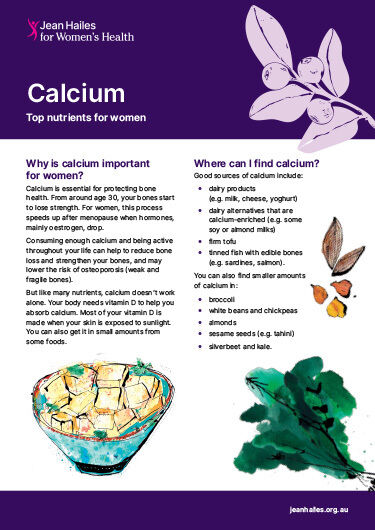
Links
This Links List to third party websites is neither comprehensive nor exhaustive. Inclusion on this Links List does not imply endorsement or recommendation. Non-inclusion on this Links List does not imply non-endorsement or non-recommendation. Third party websites are not under the control of Meno Martha International Menopause Directory. Third party websites may contain explicit medical images and/or sexual references. Please read Meno Martha International Menopause Directory’s Links Policy before proceeding to a Link. Please contact Webmaster if you experience a problem with a Link.New or Updated
- Can Calcium Supplements Prevent Osteoporosis? [17 September 2024]
- Consumer Video and Podcast Series: 2025 Consumer Videos and Podcasts – Nutrition At Menopause and Why it Is Important [12 February 2025]
- Cracking the Calcium Code To Understand Its Role In Health [15 April 2024]
- May Is Osteoporosis Awareness and Prevention Month!
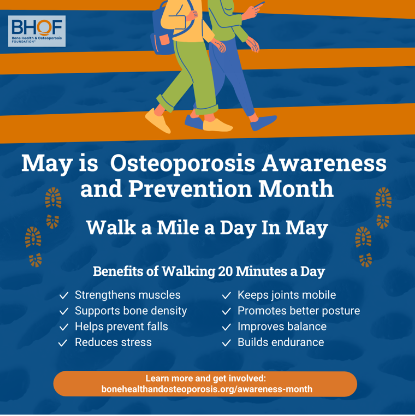
- Osteoporosis, the Silent Disease, Can Shorten Your Life − Here’s How To Prevent Fractures and Keep Bones Healthy [05 November 2024]
- Top Nutrients for Women: Calcium
- Videos & Podcasts: Videos – Preventing Bone Loss At Menopause [March 2024]
- 22 Calcium-Rich Foods
- Bone Health
- Bone Health In Menopause
- Bone Health and Osteoporosis
- #BoneMatters Q&A: Nutrition
- Bonetalk.org [Bone Talk]
- Boost Your Calcium Levels Without Diary? Yes You Can!
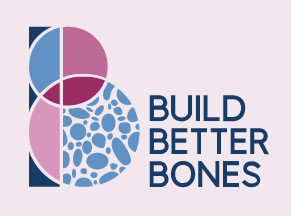 Build Better Bones.org [International Osteoporosis Foundation]
Build Better Bones.org [International Osteoporosis Foundation]- Calcium
- Calcium
- Calcium
- Calcium
- Calcium
- Calcium & Bone Health
 Calcium & Bone Health: Calcium and Food
Calcium & Bone Health: Calcium and Food- Calcium Content of Common Foods
- Calcium In Diet
- Calcium Intake and Absorption: Are You Getting Enough?
- Calcium Rich Food List [Multiply Languages]
- Calcium Supplements
- Calcium Supplements
- Calcium and Calcium Supplements: Achieving the Right Balance
- Calcium and Vitamin D
- Calcium, Vitamin D, and Your Bones
- Calcium: Shopping List
- Can Calcium Supplements Prevent Osteoporosis?
- Consumer Video and Podcast Series: 2024 Consumer Videos and Podcasts – Preparing for Your Menopause Health Care Visit
- Cracking the Calcium Code To Understand Its Role In Health
- Five Dietary Tweaks for Women Over 50: From Two Food Experts
- Get A Bone Density Test
- Get Enough Calcium
- Get the Facts on Calcium and Vitamin D
- How Much Calcium Do You Really Need?
- May Is Osteoporosis Awareness and Prevention Month!
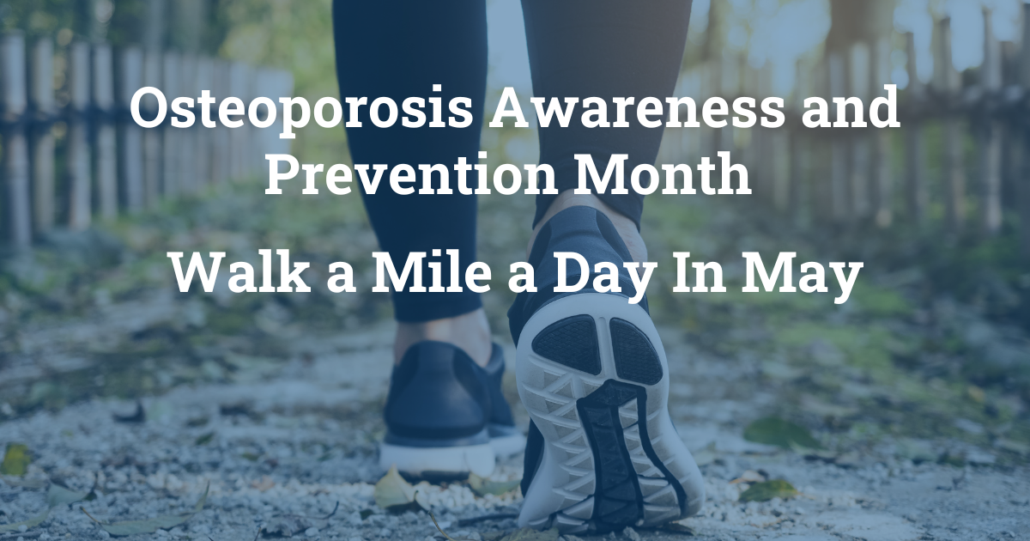
- Menopause Preparedness Toolkit Video Series: Common Conditions Associated With Menopause and Midlife
- Menopause and Natural Therapies
- Menopause and Your Health
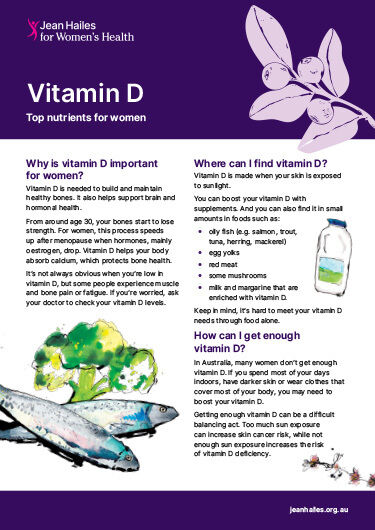 National Center for Complementary and Integrative Health: 5 Tips: What Consumers Need To Know About Dietary Supplements
National Center for Complementary and Integrative Health: 5 Tips: What Consumers Need To Know About Dietary Supplements- National Center for Complementary and Integrative Health: How Safe Is This Product or Practice?
- National Center for Complementary and Integrative Health: Natural Doesn’t Necessarily Mean Safer, or Better
- Nutrients: Bone Healthy Ingredients
- Nutrition: Food and Your Bones – Osteoporosis Nutrition Guidelines
- Office of Dietary Supplements: Calcium
- Office of Dietary Supplements: Vitamin D
- Osteoporosis, the Silent Disease, Can Shorten Your Life − Here’s How To Prevent Fractures and Keep Bones Healthy
- Pathtogoodbonehealth.org [Your Path To Good Bone Health, Bone Health & Osteoporosis Foundation, United States]
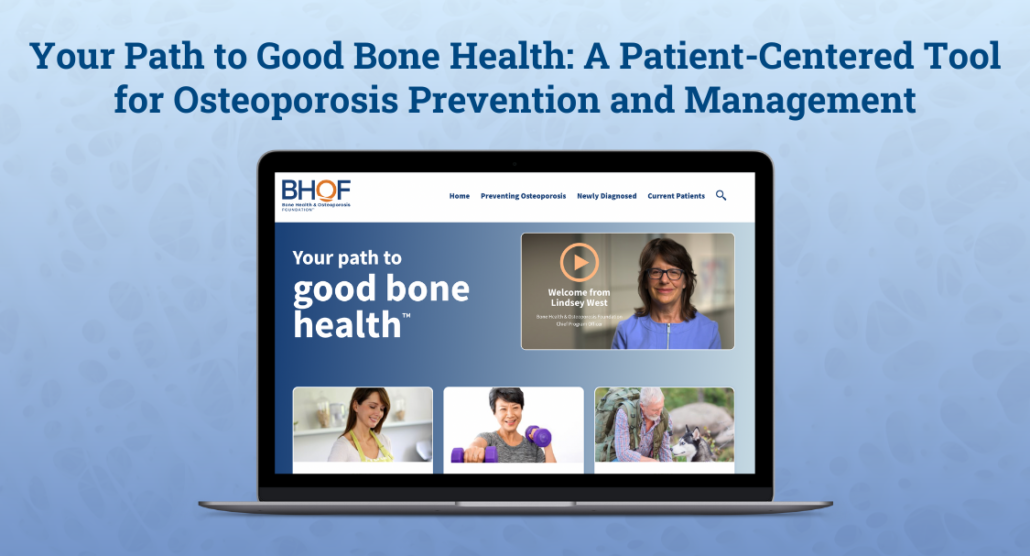
- The Truth About Menopause Supplements | Dr Sarah Berry
- Top Nutrients for Women: Calcium
- Top Nutrients for Women: Vitamin D
- Videos & Podcasts: Videos – Preventing Bone Loss At Menopause
- Webinars: Previous – Approach To Bone Health In the Perimenopause and Postmenopause?
- When Should I Take Calcium Supplements? Does it Matter What Time?
- Worldosteoporosisday.org [World Osteoporosis Day, October 20]
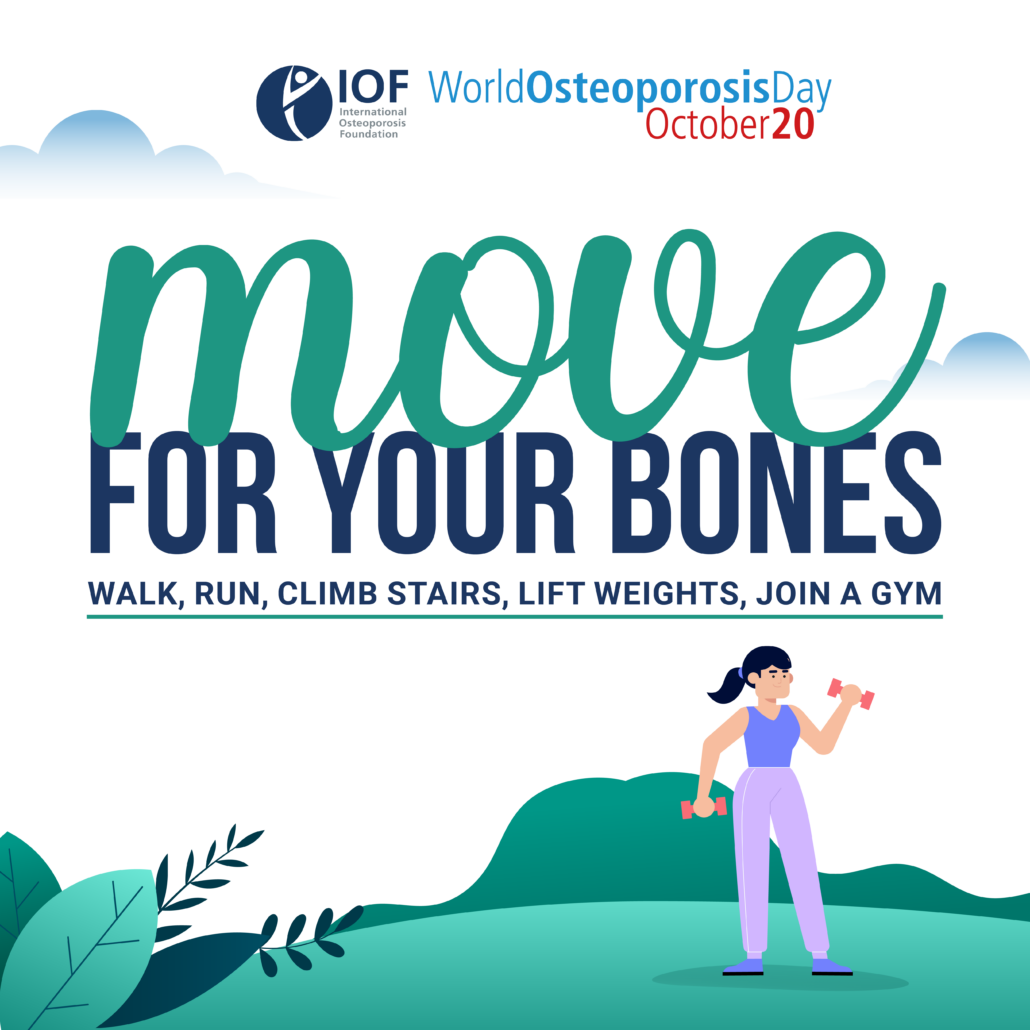
Sources
Where may I find the Sources quoted?
You may find the Sources quoted at:
Sources
- Calcium and Calcium Supplements – Achieving the Right Balance. 01 November 2022. Mayo Clinic https://www.mayoclinic.org/healthy-lifestyle/nutrition-and-healthy-eating/in-depth/calcium-supplements/art-20047097 Accessed: 28 April 2025
- Calcium: What Is Calcium and What Does It Do? Updated: 14 September 2023. Office of Dietary Supplements https://ods.od.nih.gov/factsheets/Calcium-Consumer/ Accessed: 28 April 2025
- Calcium: What Is Calcium and What Does It Do? Updated: 14 September 2023. Office of Dietary Supplements https://ods.od.nih.gov/factsheets/Calcium-Consumer/ Accessed: 28 April 2025
- Calcium. International Osteoporosis Foundation https://www.osteoporosis.foundation/patients/prevention/calcium Accessed: 28 April 2025
- Calcium & Bone Health: Why Is Calcium Important? Healthy Bones Australia https://healthybonesaustralia.org.au/your-bone-health/calcium/ Accessed: 28 April 2025
- Calcium: What Foods Provide Calcium? Updated: 14 September 2023. Office of Dietary Supplements https://ods.od.nih.gov/factsheets/Calcium-Consumer/ Accessed: 28 April 2025
- Calcium and Calcium Supplements – Achieving the Right Balance. 01 November 2022. Mayo Clinic https://www.mayoclinic.org/healthy-lifestyle/nutrition-and-healthy-eating/in-depth/calcium-supplements/art-20047097 Accessed: 28 April 2025
- Calcium and Calcium Supplements – Achieving the Right Balance: Calcium and Diet. 01 November 2022. Mayo Clinic https://www.mayoclinic.org/healthy-lifestyle/nutrition-and-healthy-eating/in-depth/calcium-supplements/art-20047097 Accessed: 28 April 2025







